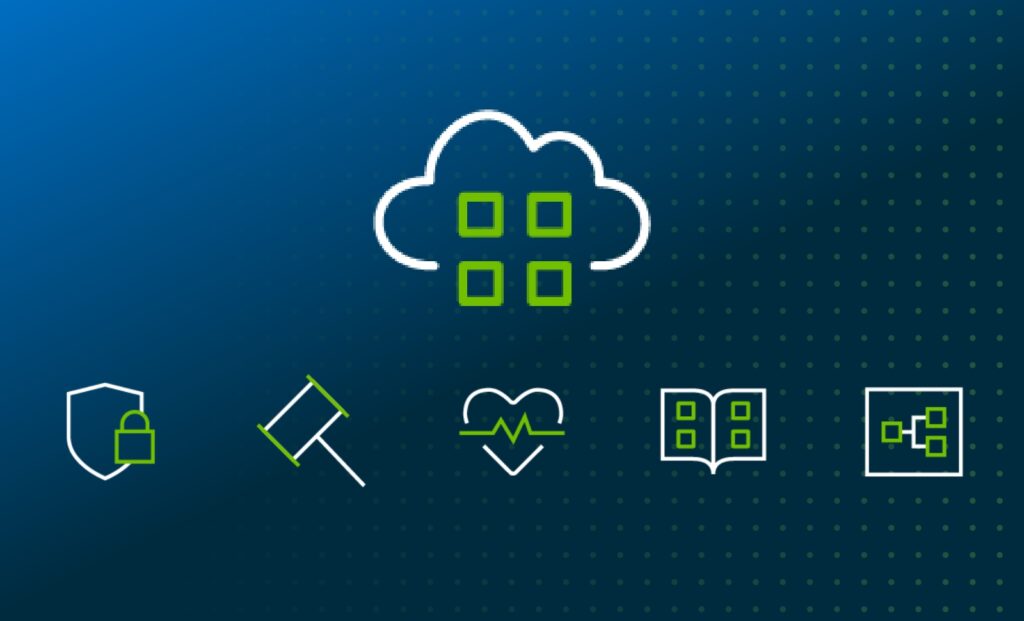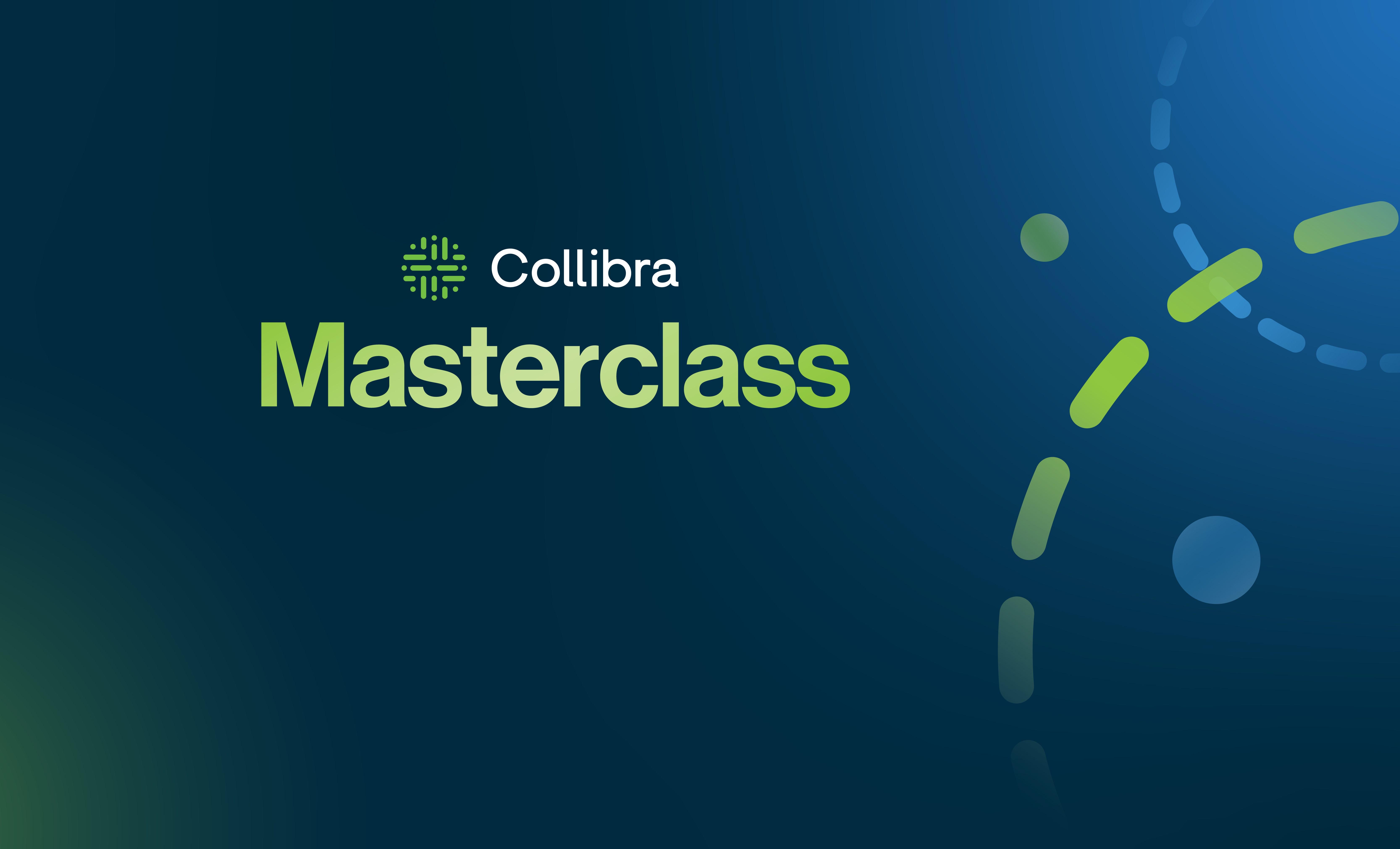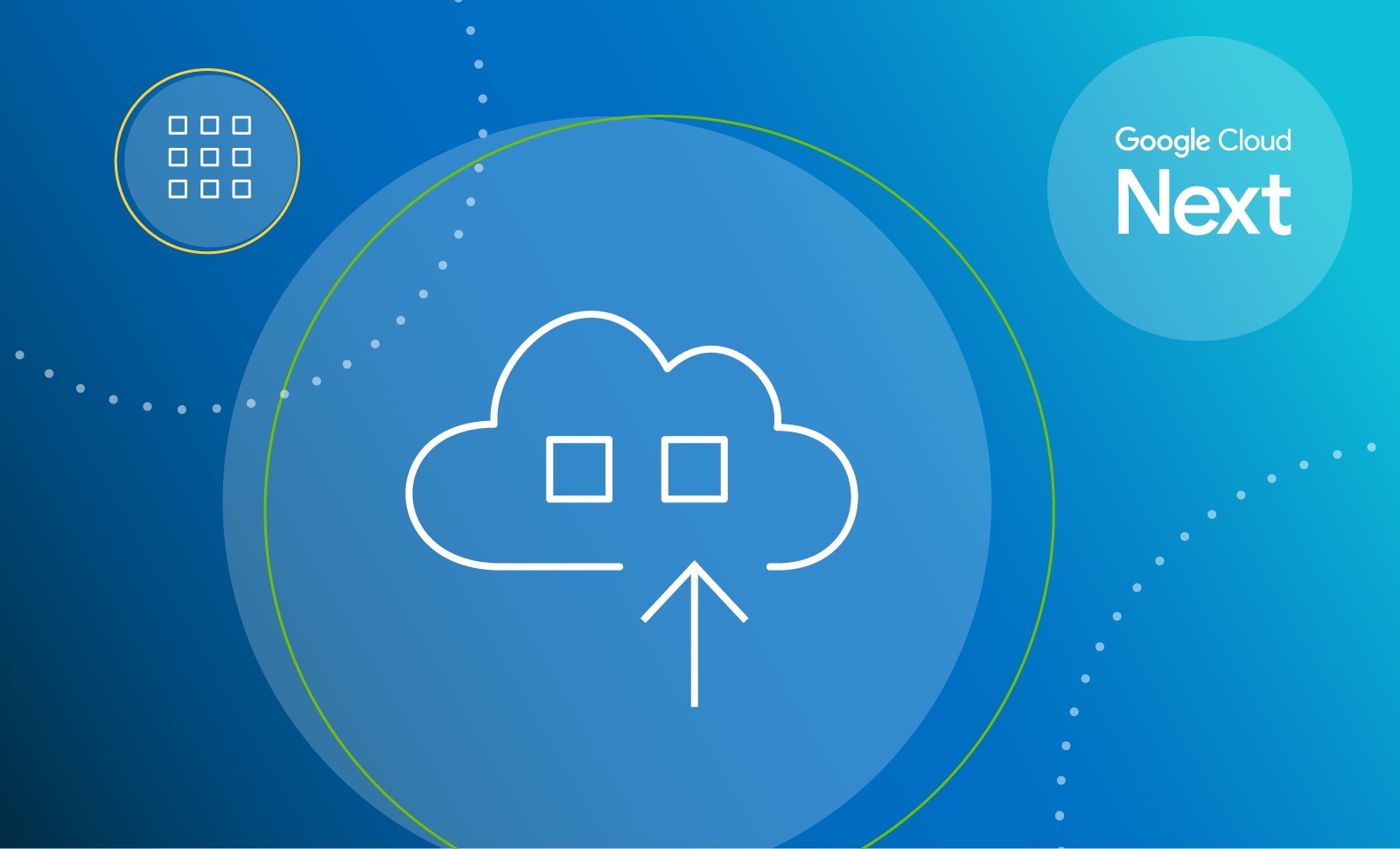Organizations plan their digital initiatives to harness the value of data. But often, the volume and diversity of data prove to be challenging to manage. Extracting value from data requires wide-ranging capabilities, from organizational strategy to collaborative execution. It also needs to focus sharply on timely, precise, actionable insights. The Gartner 7th Annual CDO survey highlights that driving business outcomes and supporting business decisions demand a full spectrum of analytic capabilities. It is not surprising that the role of CDO has expanded to CDAO to include analytics for delivering value from the enterprise data assets.
The EDM Council’s Data Management Capability Assessment Model (DCAM) helps you assess how you score on the required capabilities in your organization. DCAM is a framework for sustainable data management that identifies the foundation, execution, and collaborative components for data and analytics success.
What is DCAM?
The Data Management Capability Assessment Model (DCAM™) is a structured resource that defines and describes the capabilities needed to establish and sustain a successful data management (DM) initiative in any organization.
DCAM empowers organizations to work with a well-defined control framework. It works as an assessment tool and serves as an industry benchmark for conducting a DCAM assessment.
The DCAM is organized into seven core components and one optional component.
- Core Components: The core components are further divided into three levels.
- Foundation: The following two components are foundational to the other five components and focus on what the organization wants its DM program to deliver.
- 1.0 Data Management Strategy & Business Case
- 2.0 Data Management Program & Funding Model
- Execution: The following four components define the capabilities of execution, aligned with the requirements defined in the foundational components.
- 3.0 Business & Data Architecture
- 4.0 Data & Technology Architecture
- 5.0 Data Quality Management
- 6.0 Data Governance
- Collaboration: The collaboration component ensures that the execution components are put into operation by the data producers and make data available to data consumers as required.
- 7.0 Data Control Environment
- Foundation: The following two components are foundational to the other five components and focus on what the organization wants its DM program to deliver.
- Optional Components:
-
- 8.0 Analytics Management
-
The optional component is relevant when the scope of the DM program covers the analytics functions of the organization.
How you can assess your DCAM capabilities
DCAM has established standards for data management capabilities, ensuring that the DM program is carried out effectively. The 2020 Global Data Management Benchmark Report indicates that 63% of CDOs are using the DCAM model for assessing their DM program. Even though the Analytics Management component is optional, 56% of finance and 40% of non-finance survey respondents are either establishing or have established an analytics program.
For each capability component, a DM program is scored 1-6 as explained below.
- Not initiated: The program has not initiated the component and relies on ad hoc activities.
- Conceptual: The component is in the planning stage with discussions.
- Developmental: The program has identified key stakeholders, policies, roles, and procedures are getting established, funding is approved, participation is growing, and engagement is underway.
- Defined: The program is defined and verified, use cases are active, critical data elements are identified, policies requirements are verified, responsibilities are assigned, LOB management is actively engaged, lineage and adherence are tracked, and funding is sustained.
- Achieved: The DM program is adopted and enforced, policy and standards are implemented, lineage is verified, data is harmonized across repositories, funding is strategic or as an investment, business engagement is proactive, and responsibilities are coordinated.
- Enhanced: The program is completely embedded in the culture of the organization with the goal of continuous improvement.
You can evaluate your DM program and determine where it can benefit from additional efforts.
How Collibra helps you score high on all the DCAM capabilities
Collibra Data Intelligence Cloud enables you to score high on all the execution, collaboration, and analytical DCAM capabilities with the integrated offerings of Data Catalog, Data Governance, Data Privacy, Data Lineage, and Data Quality & Observability. With an intelligent approach to data, the cloud-native, scalable, flexible, secure, AI-driven platform builds trust in data, enables trusted insights, and scales as your business grows.
The following table illustrates how you can use the core assessment questions for each DCAM component. You can leverage the mapped Collibra components to score higher.
| DCAM Framework Component | Core Questions for each Component | Mapped component of Collibra Data Intelligence Cloud | Collibra’s Data Intelligence Framework |
| 3.0 Business & Data Architecture |
|
Data Governance
|
Pillar: Data Management
Sub-pillars: Technology, Roles and responsibilities —————— Sub-pillar: Plan |
| 4.0 Data & Technology Architecture |
|
Data Governance | Pillar: Data Management
Sub-pillars: Technology |
| 5.0 Data Quality Management |
|
Data Quality & Observability | Pillar: Data Analytics
Sub-pillars: Data Quality —————— Sub-pillar: Trust |
| 6.0 Data Governance |
|
Data Governance
|
Pillar: Data Management
Sub-pillar: Roles and responsibilities —————— Sub-pillar: People |
| 7.0 Data Control Environment |
|
Data Quality & Observability | Pillar: Data Analytics
Sub-pillar: Process (of getting access to data) —————— Sub-pillar: Ethics |
| 8.0 Analytics Management |
|
Data Quality & Observability | Pillar: Data Analytics
Sub-pillar: Exploiting, Process —————— Sub-pillar: Improvement |
The Gartner 7th Annual CDO survey notes that for driving better outcomes, the focus should be on value, talent, and culture. Collibra ensures faster value delivery with an integrated approach, ML-driven components, and enterprise-wide collaboration for establishing a data-driven culture.
What you can do more with Collibra data intelligence
Collibra Data Intelligence Cloud has a deep focus on intelligence about the data, as informed by metadata. According to the IDC definition, data intelligence leverages business, technical, relational, and operational metadata to provide transparency of data profiles, classification, quality, location, lineage, and context. Data intelligence enables people, processes, and technology to work with healthier data, power trusted insights, and drive better business outcomes.
The 2022 Data Intelligence Index highlights that organizations with the highest data intelligence maturity are seeing 3X better outcomes. Collibra empowers you to reach that level where the maturity of data science, processes, algorithms, and statistics is used to extract meaning and insights from data.
Collibra’s robust logical data model can be linked to data, and the ML-powered active metadata graphs give rich context to data at scale. With Collibra Data Quality & Observability, you can automatically generate data quality rules, continuously monitor data pipelines, and proactively identify issues to build trust in data.
Collibra Data Governance operationalizes collaborative workflows and processes to deliver trusted data. Collibra has pioneered the data governance category and extended it to create the data intelligence category. It is a cloud-native platform built for business users, supporting multi-cloud with privacy and security by design.
The Gartner 2022 Leadership Vision for Data and Analytics Leaders notes the trend of operationalizing machine learning (ML) and other tools and techniques to solve complex problems. Collibra leverages ML to improve your DM program through automation, predictive data quality, and adaptive data governance.
Data Catalog, Data Lineage, and Data Privacy complete the stack with APIs for quick integration. Collibra improves stakeholder engagement through self-service data access maximizing the value of your data assets with reliable and compliant use.
How Collibra also supports CDMC (Cloud Data Management Capabilities)
In addition to the DCAM framework focusing on data and analytics management in the organization, the EDM council has also published its CDMC framework for the best practices for managing data in the cloud. Considering how cloud adoption is becoming critical for organizations, it is a good idea to work on both DCAM and CDMC together.
When you choose Collibra for DCAM, you also get complete support for CDMC. Organizations typically use DCAM for assessing their data and management foundation and CDMC for controlled cloud adoption.
Go for the best and the only complete solution with Collibra. It is your future-ready single source of engagement for data and analytics management.




